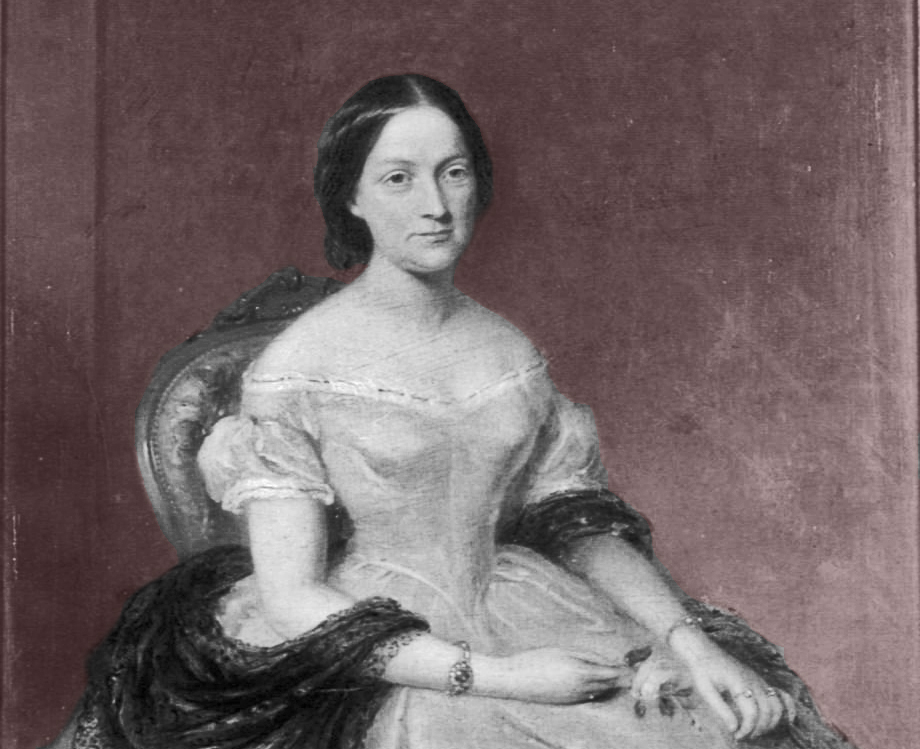
Here Mary Shelly addresses Thomas Hookham, a friend of her late husband, poet Percy Bysshe Shelley (the Shelleys had been frequent subscribers to Hookham’s circulating library). In the fall of 1845, a man who called himself George Byron, posing as Lord Byron’s illegitimate son, approached Hookham saying that he had a collection of Percy’s letters. Mary came to believe he must have found correspondences that had been lost or stolen in the midst of Percy’s travels. She continued to think as much even after seeing the documents in person, and ended up purchasing them from the Byron imposter. Friends of the family would later agree that the letters were obvious forgeries.
Putney
Friday Evg. [October 31, 1845]
Dear Sir
You are very good to take all this trouble— The Rascal’s notes make me sick.
I went to see Peacock today—& meant to see you tomorrow, but I fear I shall not be able—so I write & being very tired will just succinctly say what I can on the subject.
Peacock says I did wrong to give any money— I am sure I did so in offering so much so readily. I am far poorer than any one knows or this rogue cd. be made believe—not that he would care, so he got the money, whether I could well or ill afford it—but fancying me richer than I am makes him exorbitant.
Peacock says the fellow has brought himself within the law—he had better take care—he does not live at Greenwich certainly (for whatever he says must be false of that be sure) I wish he could be followed.
However to the rogue of course I would give £5 for the letters—but to offer this would be unavailing—& besides I fear he has many more—to offer so much per letter (one pound for instance) wd. be the only way—but this I would only give for Shelley’s own—for the rest a pound a dozen wd. he give all—but as I doubt Shelley’s are bona fide letters to me—in which case I wd. only give £5 for all—but it is better to treat at so much per letter—
Above all let me beg of you to shew every backwardness to treat at all. I am not afraid of the rogue—he has more cause to fear me—& I would buy them simply for the pleasure of having them—but cannot afford to pay high for any pleasure & must therefore go without if he prove impracticable.
At so much per letter remember—as he has more & will come again—& not more than I mentioned before.
And do not go so far as assenting even to this arrangement for 10 days or a fortnight.
Ys Truly
M S.
[P.S.] You say “Why take more trouble if he will give up those on the list for £5—certainly not— I would give £5 & have done—but has he said he will? I fancy not—& wd. at first scout so small a sum— And have you seen the letters? I will call on Monday & hear all about this
I only got 8 2d letters this afternoon.
[P.S.] The poets you talk of are mere copies of course.
From The Letters of Mary W. Shelley. University of Oklahoma Press: Norman, Oklahoma. p. 266-267.
FURTHER READING
The Bodleian Library provides a comprehensive guide to the life and times of the Shelley family.
Mary Shelley edited a collection of her late husband’s Letters from Italy, published in 1840.


